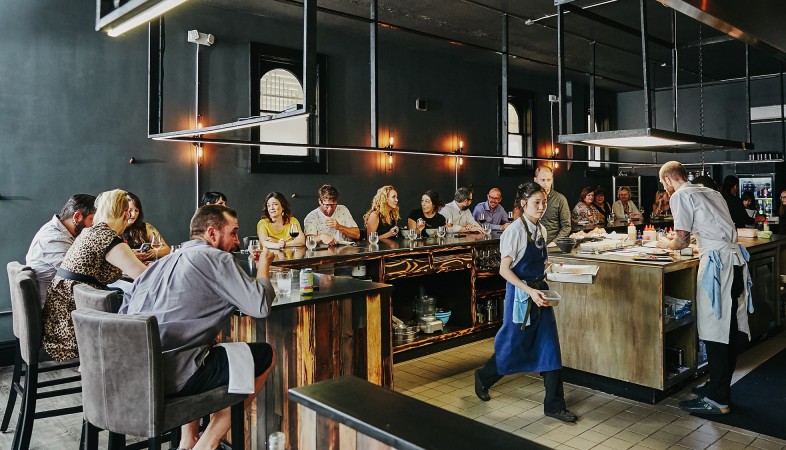SHARE
Commercials
More Posts
Jan 30, 2025
Vegan Ravioli - By Chef Manoj Rathore
Jul 03, 2025
Indo Chinese Chicken Soup - By Chef Rohit Anand
May 22, 2025
Malai Kofta - By Neelam Garg
Feb 07, 2025
Cabinet Pudding - By Chef Indrajit
Jan 29, 2025
Sumit Kumar Joins Radisson Blu as Restaurant Manager
Jan 30, 2025
Vegan Ravioli - By Chef Manoj Rathore
Jul 03, 2025
Indo Chinese Chicken Soup - By Chef Rohit Anand
May 22, 2025
Malai Kofta - By Neelam Garg
Feb 07, 2025
Cabinet Pudding - By Chef Indrajit
Jan 29, 2025
.png)




























